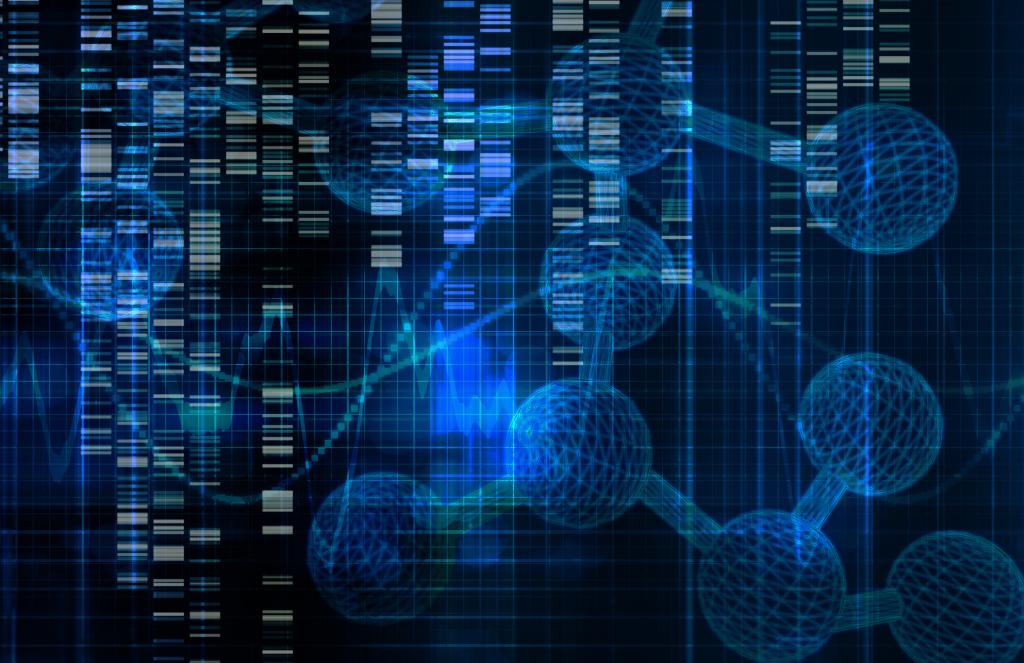Admission CTAs
Klimov Studying Origami Antibodies For Threat Sensing
Dmitri Klimov, Professor, Bioinformatics and Computational Biology, is creating a computational platform for designing an antibody-antigen interface based on DNA origami. DNA origami is a nanoscale assembly of DNA strands with designed two- or three-dimensional shapes. Klimov’s goal is to predict de novo peptide sequences, which bind with high affinity to tetanus toxin. The newly developed algorithms will allow researchers to target structured or unstructured antigen regions and to optimize the placement of designed peptides on the surface of DNA origami. Klimov and his collaborators will conduct the proposed simulations for this project at Mason. In all, Klimov received $195,414 for this project, which is funded by Parabon Nanolabs, a Reston-based nanotechnology company, with the primary sponsor being the U.S. Army.
Funding began in August 2020 and will conclude in August 2022.
